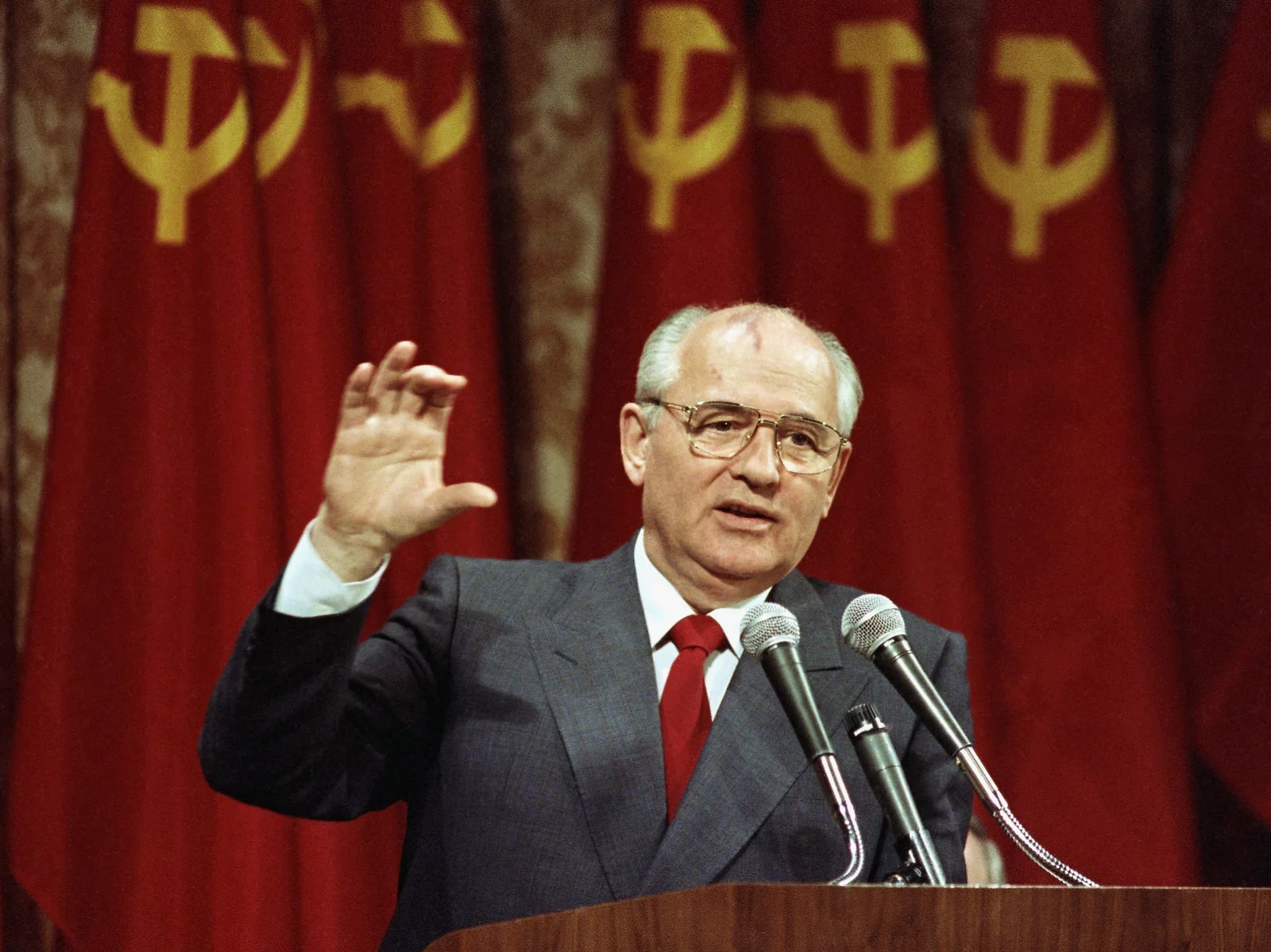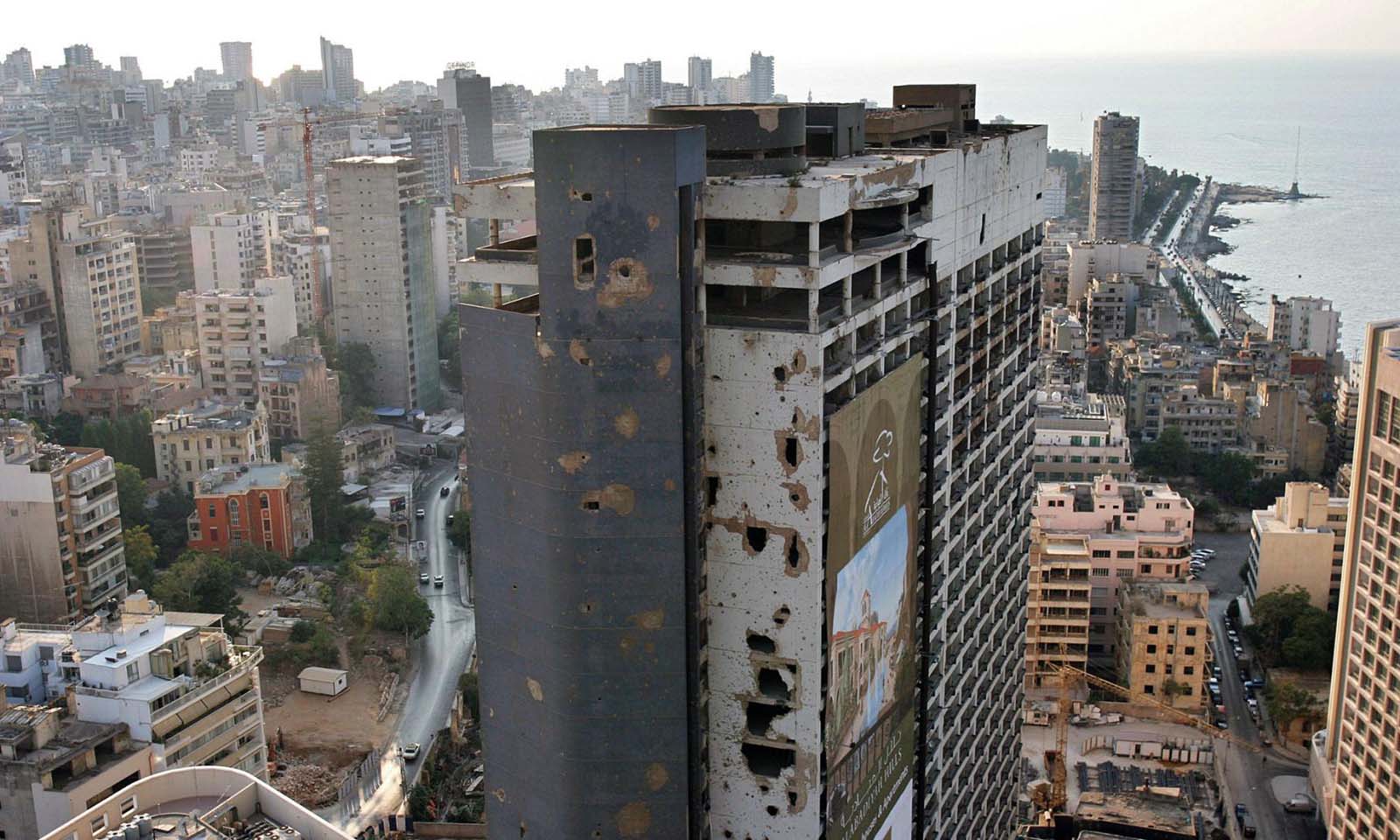
Former Soviet leader Mikhail Gorbachev, who played a significant role in ending the Cold War, died Tuesday at 91.
Russian media said his death, and the hospital treating him announced that he died of an “extreme and chronic disease,” without giving extra information.
He was born in 1931 in Privolnoye, a village in southern Russia. He was the peasants’ son and knew how to use farm equipment. He additionally knew the horror of conflict.
In an interview with the Academy of Achievement, Gorbachev stated watching the Nazis occupy his village as a boy shaped his life.
“This was all going on right in front of our eyes, the eyes of the children,” he stated. “As you can see, I belong to the so-called children-of-the-war generation.
The war left a significant mark on us and a painful effect. That is permanent, which is what decided many things in my life.
Mikhail Gorbachev, who got down to revitalize the Soviet Union, ended up unleashing forces that brought about the disintegration of communism, the breakup of the country, and the cease of the Cold War.
Though in power much less than seven years, Gorbachev unleashed a panoramic series of changes.
But they speedy overtook him and resulted in the crumble of the authoritarian Soviet state, the release of Eastern European countries from Russian domination and the end of a long time of East-West nuclear confrontation.
U.S. President Joe Biden called Gorbachev a “man of remarkable vision” and an “uncommon chief” who had “the imagination to look that a different future was possible and the braveness to risk his whole career to obtain it.
“The result was a more secure global and more freedom for tens of thousands and thousands of people,” Biden stated.
“Hard to think about a single man or woman who altered the course of history more in a wonderful direction” than Gorbachev, stated Michael McFaul, a political analyst and previous U.S. ambassador in Moscow, on his Twitter handle.
“Gorbachev is known to be an idealist who believed in the power of thoughts and individuals. We ought to learn from his legacy.”
Gorbachev’s refusal was humiliating. His power was hopelessly sapped by an attempted coup in opposition to him in August 1991; he spent his remaining months in the office watching republic after republic claim independence till he resigned on Dec. 25, 1991.
By the end of his rule, he was powerless to halt what he had started. Yet Gorbachev may also have had a more impact on the second half of the 20th century than some other political figure.

